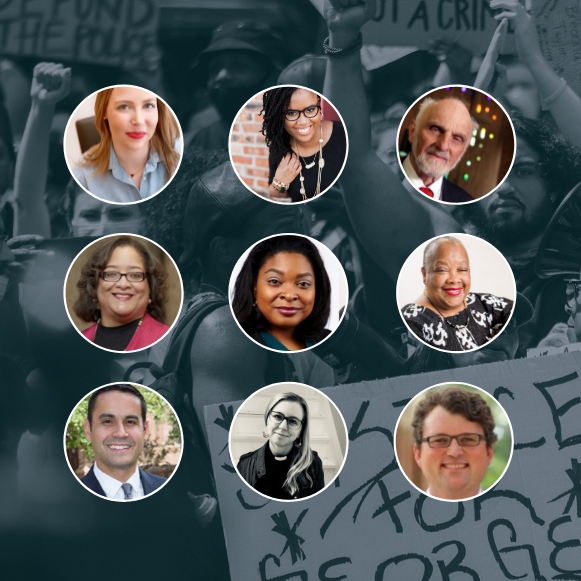Church Anew Blog
Get Updates in Your Inbox
Want to stay up-to-date with the Church Anew Blog? Sign up for our weekly blog round-up.
A Table and a Promise
I've become convinced that if Luke had chosen a picture of the gospel instead of 24 chapters of writing... [he] would have drawn for us a big table, wooden and worn and homey.
Looking For Home
"God’s abiding among us happens precisely amid, alongside, within the complexities of our experiences with home and with belonging."
Two Years Later: Racism In America
National visionaries, professors, and pastors provide biblical wisdom to help make sense of the world today.
Difference Is a Gift (Acts 2:1-11)
The story of Pentecost (Acts 2:1-11) makes us wonder about a different world and helps us understand how God sees our differences.
Not a Pastel Easter: A Conversation with Kate Bowler
What aspects of the Gospel story we hear year after year might we see in a new light this Easter?
EXPLORE OUR ARCHIVE OF ARTICLES FROM
Walter Brueggemann
Get Updates in Your Inbox
Want to stay up-to-date with the Church Anew Blog? Sign up for our weekly blog round-up.




